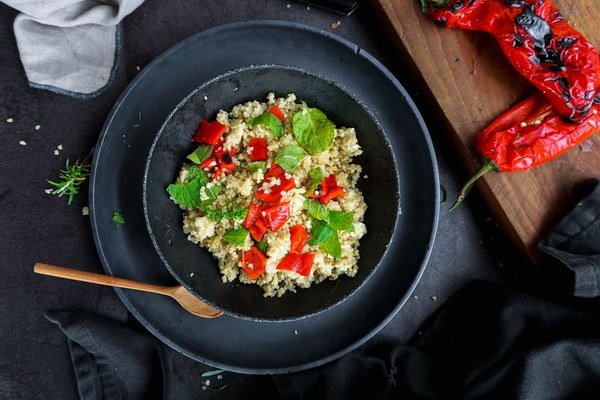Best Herbs Combination for Dampness Removal A Comprehensive Guide
Dampness is a common problem in traditional Chinese medicine, where it is believed to be caused by an imbalance in the body's Yin and Yang. This imbalance can lead to various health issues, such as fatigue, weight gain, and even chronic diseases. To counteract dampness, many people turn to natural remedies, such as herbal medicine. In this article, we will explore the best herbs combination for dampness removal, based on traditional Chinese medicine principles.
1. Cang Zhu (Atractylodes macrocephala)
Cang Zhu is one of the most widely used herbs in traditional Chinese medicine for dampness removal. It has a warming effect on the body, which helps to expel dampness and improve digestion. Additionally, Cang Zhu can strengthen the spleen and liver, which are essential organs for dampness elimination.
2. Fu Ling (Poria cocos)
Fu Ling is another essential herb for dampness removal. It is a natural diuretic that helps to drain dampness from the body, reducing swelling and water retention. Moreover, Fu Ling has a calming effect on the mind, which can alleviate stress-related symptoms of dampness, such as fatigue and irritability.
3. Bai Zhi (Angelica dahurica)
Bai Zhi is a potent herb that is often used in combination with other herbs for dampness removal. It has a warming effect on the body, which helps to expel dampness and improve circulation. Bai Zhi is particularly effective for treating joint pain, muscle soreness, and other symptoms related to dampness.
4. Chen Pi (Citrus reticulata)
Chen Pi is a citrus peel that is commonly used in traditional Chinese medicine for dampness removal. It helps to improve digestion and eliminate dampness by promoting the flow of Qi (vital energy) in the body. Chen Pi is also known for its ability to reduce bloating and alleviate symptoms of indigestion.
5. Huang Qi (Astragalus membranaceus)

Huang Qi is a well-known Chinese herb that is often used to boost the immune system and improve overall health. It is also effective for dampness removal, as it helps to strengthen the spleen and enhance the body's ability to expel dampness. Additionally, Huang Qi has anti-inflammatory properties that can alleviate symptoms of dampness, such as joint pain and fatigue.
6. Ba Ji Tian (Morinda officinalis)
Ba Ji Tian is a tonic herb that is used in traditional Chinese medicine for dampness removal and overall health. It helps to strengthen the spleen and kidney, which are essential for dampness elimination. Ba Ji Tian is also known for its ability to improve circulation, reduce fatigue, and enhance the immune system.
Combining these herbs can create a powerful formula for dampness removal. Here's a sample recipe:
Dampness Removal Formula:
- Cang Zhu: 10g
- Fu Ling: 15g
- Bai Zhi: 10g
- Chen Pi: 10g
- Huang Qi: 15g
- Ba Ji Tian: 10g
To prepare this formula, add all the herbs to a pot of water and bring to a boil. Reduce the heat and simmer for about 30 minutes. Strain the mixture and drink the herbal tea twice a day, before meals.
In conclusion, the best herbs combination for dampness removal includes Cang Zhu, Fu Ling, Bai Zhi, Chen Pi, Huang Qi, and Ba Ji Tian. These herbs work together to expel dampness, improve digestion, and boost the immune system. It is essential to consult a healthcare professional before starting any new herbal treatment, as individual needs may vary.
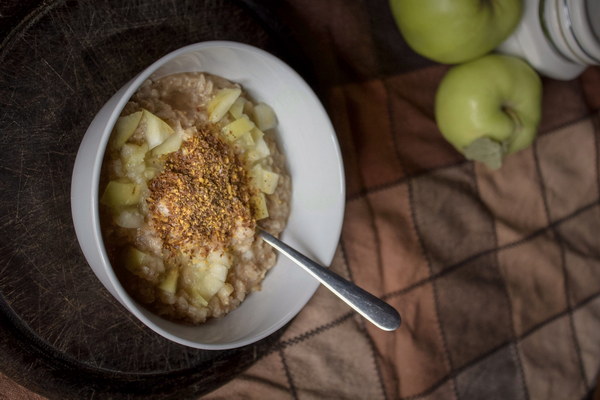
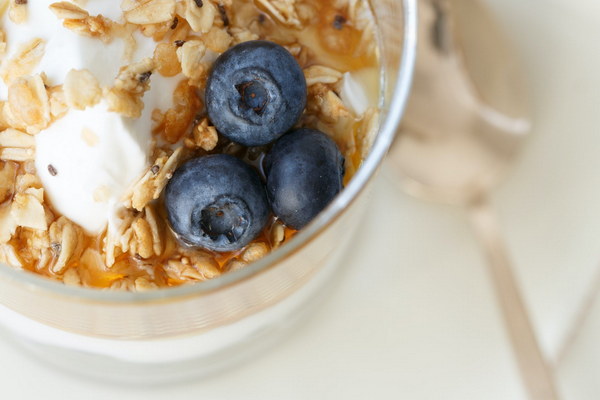
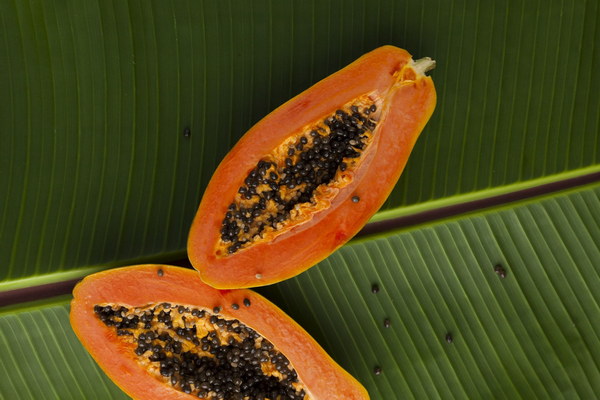

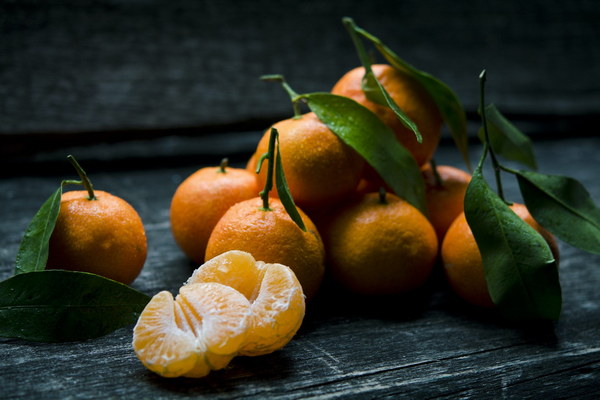

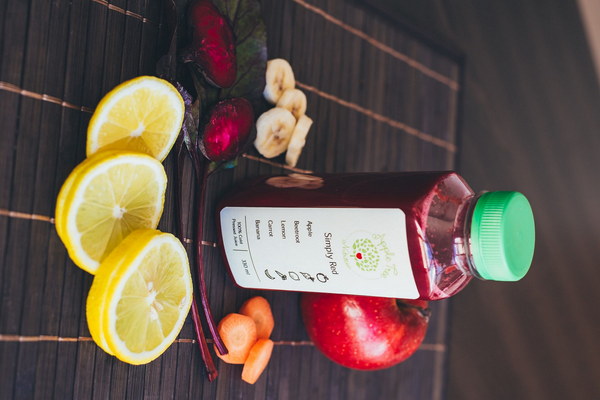
![Unveil Your Radiant Skin with the Latest Beauty Brand [Brand Name]!](http://img.bluepurple.cn/a/养生/444/Unveil-Your-Radiant-Skin-with-the-Latest-Beauty-Brand-Brand-Name.jpg)
